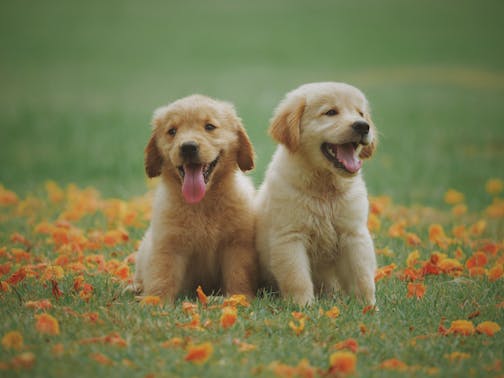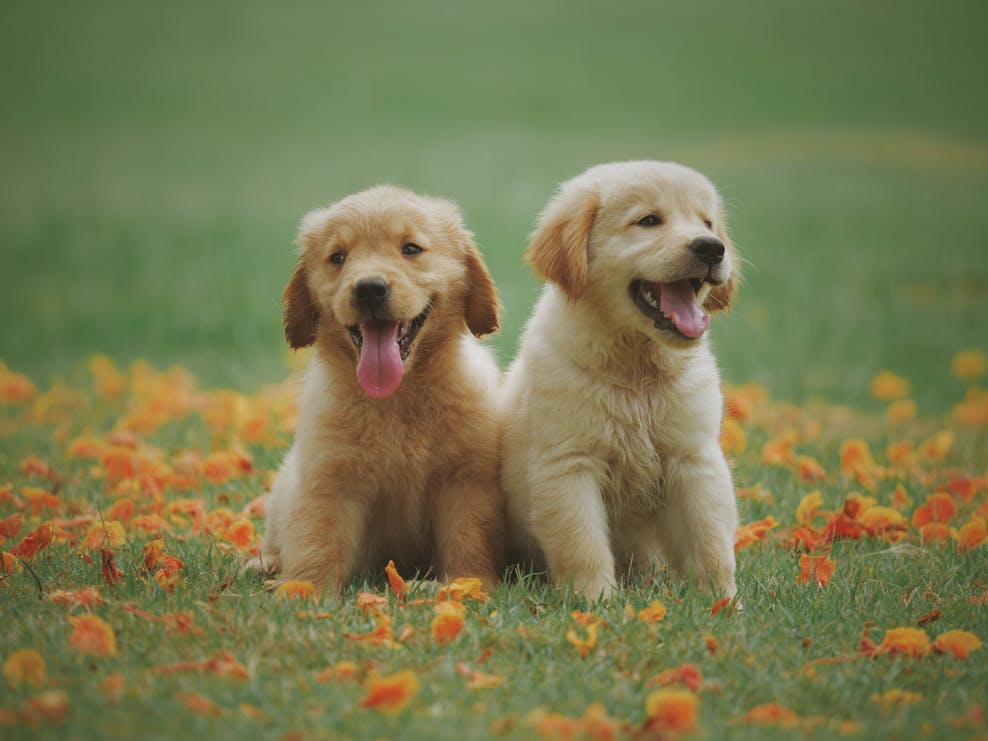Your cat’s purring is one of the most soothing and fascinating sounds in the animal world. But as a pet owner, you might wonder: why exactly is my cat purring? Is it always a sign of happiness, or could it indicate something else? Understanding your cat’s behavior can help you strengthen your bond and ensure their well-being.
🧠 Why This Happens
Purring is a complex form of communication that serves multiple purposes. While cats don’t have words, their purrs can convey a wide range of emotions and needs. Here’s why your cat might be purring:
- Contentment and relaxation: Cats often purr when they’re feeling happy and comfortable, such as while lounging on your lap or during a cozy nap.
- Seeking attention: A purring cat might be asking for affection, food, or playtime. This is their way of saying, “Hey, pay attention to me!”
- Self-soothing: Cats also purr to calm themselves, especially in stressful or painful situations, such as during a vet visit or recovery from an injury.
- Healing purposes: Studies suggest that the frequency of a cat’s purr (20-150 Hz) may promote healing by reducing pain, decreasing inflammation, and improving bone density.
- Bonding and communication: Kittens purr to communicate with their mothers, especially during nursing, and adult cats may purr as a way of bonding with their humans or other cats.
Purring isn’t always about happiness. It’s a versatile behavior that can indicate various emotional and physical states.
❗ How to Help
If your cat is purring, it’s important to pay attention to their body language and environment to interpret their needs. Here’s how you can help:
- Assess the context: Is your cat purring while cuddling or being petted? This likely means they’re happy and enjoying your company. If they’re purring in a stressful situation, they might be self-soothing.
- Look for other signs: Watch for additional cues like tail position, ear movement, and vocalizations. A relaxed cat with soft eyes and a slow-blinking gaze is likely purring out of contentment.
- Provide comfort: If your cat seems anxious or unwell, create a calm environment. Offer a quiet, cozy space and avoid loud noises or sudden movements.
- Monitor for signs of illness: If your cat is purring while also hiding, refusing to eat, or showing other unusual behaviors, they may be in pain or discomfort.
Understanding the context of your cat’s purring is key to responding appropriately to their needs.
✅ Behavioural Solutions
If your cat’s purring is related to specific behaviors or situations, here are some practical solutions:
- Encourage positive interactions: Spend quality time with your cat through play, grooming, or simply sitting together. This helps reinforce their trust and strengthens your bond.
- Feed on a schedule: If your cat purrs to ask for food, establish consistent meal times. This helps reduce anxiety and creates a predictable routine.
- Offer enrichment: Boredom can lead to excessive purring for attention. Provide toys, scratching posts, or puzzle feeders to keep your cat mentally stimulated.
- Address stress triggers: If your cat purrs during stressful events like loud noises or visitors, try calming aids such as pheromone diffusers or a safe hiding spot.
- Seek medical attention if needed: If you suspect your cat is purring due to pain or illness, consult a veterinarian for a thorough evaluation.
By addressing your cat’s emotional and physical needs, you can help them feel secure and content.
💡 When to Get Support
While purring is generally a normal and healthy behavior, there are times when it may warrant further investigation. Contact a veterinarian if:
- Your cat is purring excessively or in unusual situations, such as while hiding or refusing to eat.
- You notice other symptoms like vomiting, diarrhea, lethargy, or difficulty breathing.
- Your cat has recently experienced trauma or undergone surgery and is purring persistently.
- You’re unsure whether your cat’s purring is related to pain or stress.
A professional consultation can help rule out underlying health issues and provide peace of mind for you and your feline friend.
FAQs
Q: Is purring always a sign of happiness?
A: No, purring can indicate various emotions or needs. While cats often purr when they’re content, they may also purr when they’re stressed, in pain, or self-soothing.
Q: My cat is purring but seems unwell. What should I do?
A: If your cat is purring while showing signs of illness like hiding, not eating, or unusual behavior, consult a veterinarian as soon as possible.
Q: Why does my cat purr when I pet them?
A: Cats often purr during petting as a sign of enjoyment and relaxation. It’s their way of showing they feel safe and loved with you.
Book a $49 online vet consultation at https://www.dialavet.com for fast, expert advice.























